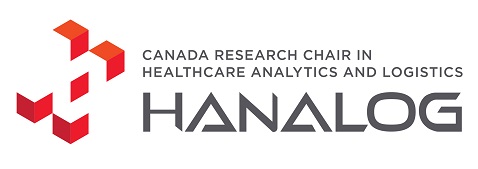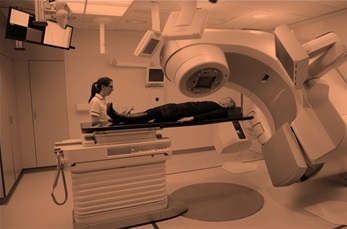who are we?
The Canadian Research Chair on Analytics and Logistics of Healthcare
The Canadian Research Chair on Analytics and Logistics of Healthcare is devoted to problems where decisions related to the design of care plans and their implementation are both complex and/or interconnected. Specifically, based on data to build models to make better decisions, it focuses on improving the logistics of homecare services, specialty clinics in cancer treatment and operating room management in hospitals.

Chair Holder

Professor Louis-Martin Rousseau was one of the first to pursue research in the field of methods hybridization of classical operational research techniques (OR) and Constraint Programming (CP), which comes from Artificial Intelligence (AI). Since 2003 he has published more than 80 scientific papers, some in the most prestigious journals such as Management Science, INFORMS Journal on Computing and Transportation Science. His work on combinatorial optimization problems has gained him international recognition, in particular in the fields of:
– column generation techniques
– transportation logistics
– scheduling optimization
– healthcare resource optimization
Cancer treatment research
Challenge
The main cancer treatment modalities are surgery, radiation therapy (RT) and chemotherapy (CT). The complexity of logistics processes surrounding the preparation of schedules for staff who work in cancer treatment centers is the fact that they involve extremely costly resources, sometimes synchronously. In addition, they are subject to several due dates (i.e., appointments already scheduled, maximum waiting time) and several hazards (i.e., variable preparation time for each file) and should handle unexpected events like the arrival of patients requiring urgent palliative care. The flow of operations should be controlled to ensure that treatments are prepared by the pharmacy and calendar appointments are respected.

Examples of projects
Detailed schedule planning
Patient appointments management
Dynamically assign appointments to patients by integrating the management of priority levels, emergencies and cancellation
Treatment planning of RT
Develop treatment planning algorithms (determine how the machine delivers radiation to the patient) to support research in radiation oncology and medical physics.
Homecare services research
Challenge
Service care and home support relied on a budget of $5.9 billion in 2010—about 4% of public health budgets—and have continued to grow ever since. In order to control cost increases, the revenue model for the delivery of homecare is currently under review in Canada. Indeed, it is evolving from a model where agencies charge for each provided care to a model where they are paid on a fee basis for each patient. In this context, the necessary care plan and its execution in a profitable manner pose considerable challenges. This paradigm shift will likely be used in other areas of health systems in the medium-term and is part of the discussions surrounding the redesign of health systems financing.

Examples of projects
Service level optimization
Determine whether an agency must accept or reject a new patient and determine the level of service that will be offered taking into account the uncertainty surrounding the end of treatment of current patients as well as the arrival of other patients.
Caregiver visit planning
Schedule caregiver visits while respecting many constraints such as time windows for visiting, maintaining the patient-provider relationship and areas of specialty required to provide particular care.
Integration of mobile technologies
Understand the impact of mobile technologies (i.e., video calls or collection of remote biometric data) on the evolution of the health status of a patient at home and how to use this data to build an intervention plan tailored to each patient.
Hospital logistics research
Challenge
Hospital logistics operations are at the heart of these complex environments where the provision of quality care requires hyper-specialized human and material resources to be coordinated in a dynamic environment. The next scientific challenges are related to the development of approaches that integrate multiple levels of decisions, uncertainty management surrounding visit times (or surgery), treatment of urgent cases and multidisciplinary coordination of resources both human and material.

Examples of projects
Medical transportation planning
Build models for planning medical transportation on a city-wide scale taking into account all types of transportation (i.e., ambulance, adapted bus, taxi) and any specific patient needs.
Operating room planning
For each operating room, simultaneously determine the time of each operation and build the detailed operating room schedule over a period of a week or two by taking into account the constraints on resources in the pre- and post-operation phase.
Physician and nurse scheduling
Build optimization models to automatically create physician and nurse schedules while respecting rules defined in the collective-bargaining agreement and cost constraints in addition to maximizing quality of care and staff satisfaction.
